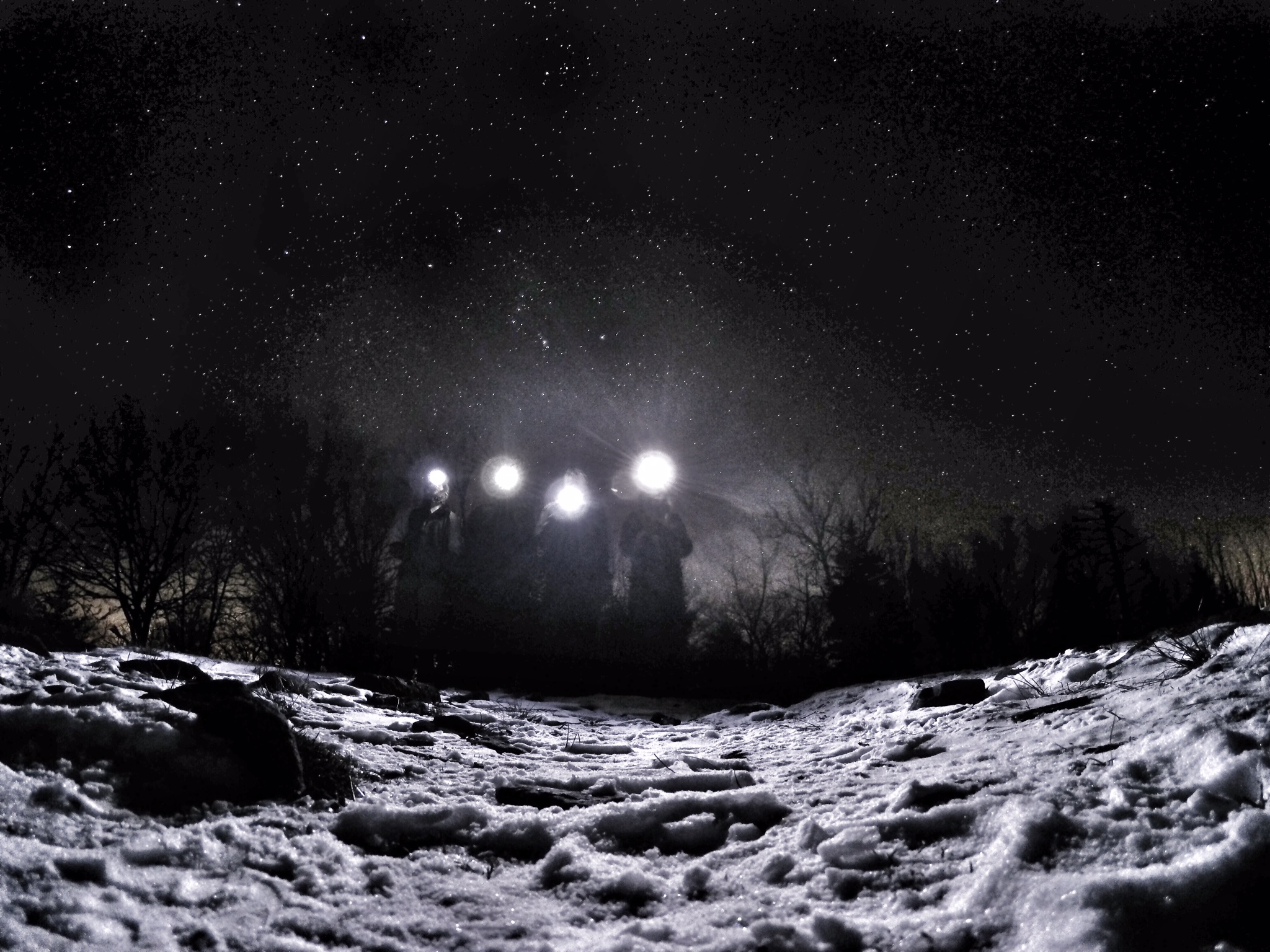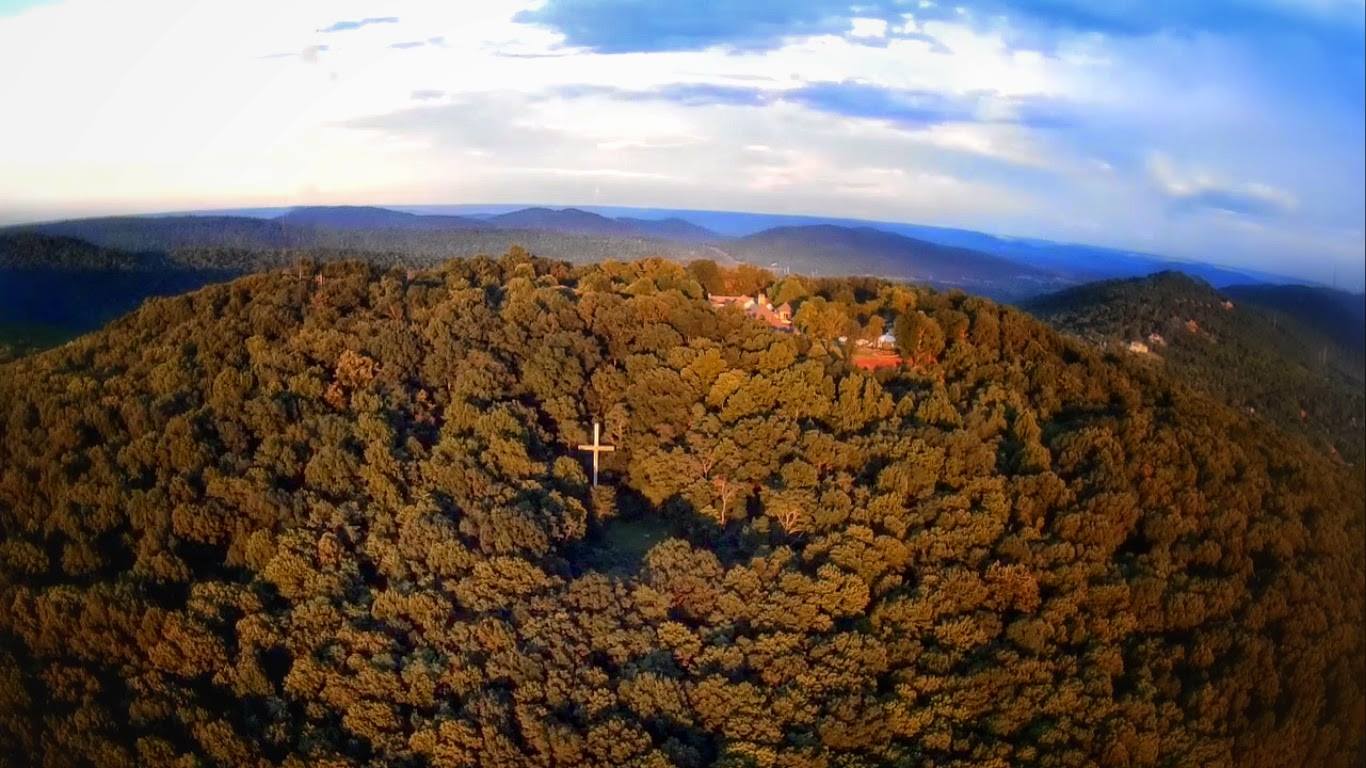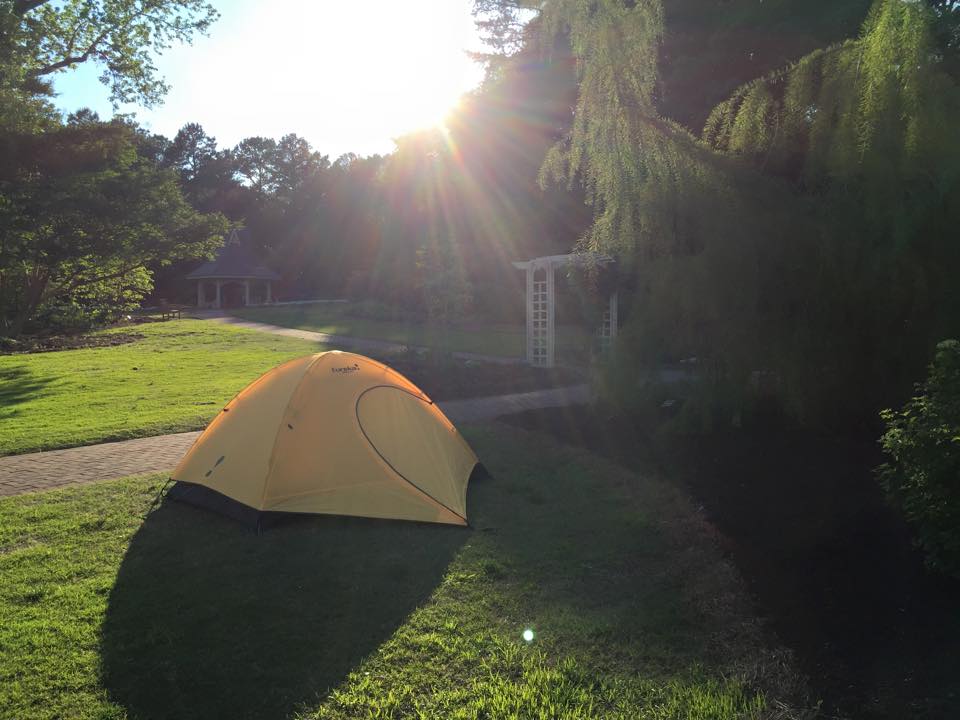I had the opportunity to get far outside the city limits recently and was harshly reminded of how the effects of light pollution cripple our ability to stargaze. Or stated differently, how breathtaking the night sky can be when not muted by all the city lights. The sheer number of stars visible was unbelievable and as my eyes adjusted the longer I watched, the more I could see. Even the hazy gas cloud of the Milky Way was unmistakeable.
Ever since watching this video several years ago, it's been my ultimate goal to see the night sky from Australia...that and to watch a Grizzly Bear fight a Silverback Gorilla. But for now, stateside viewing will have to suffice. And the best way to do that is to get away from the lights.
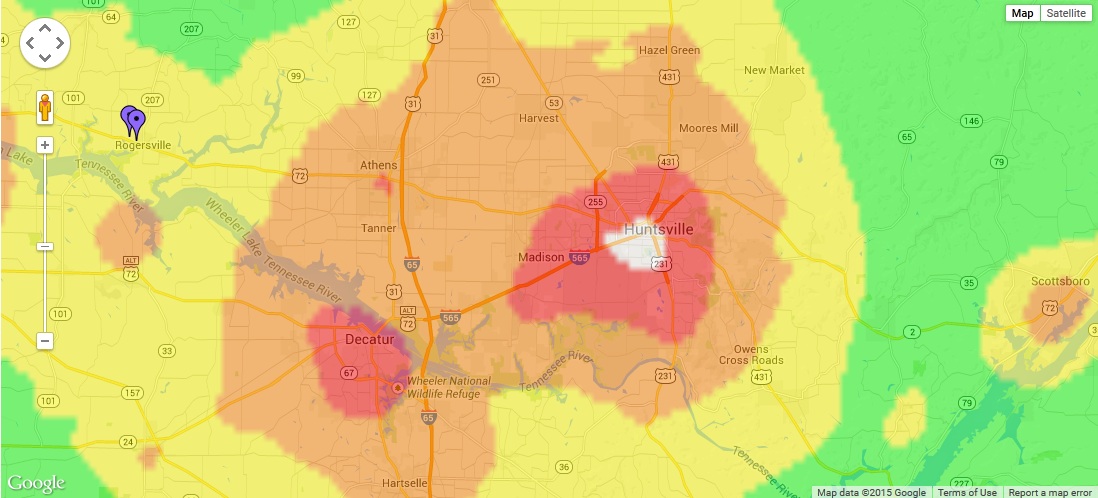
As you can see from the light pollution map above, there really are no great viewing areas in Huntsville. You'll need to drive a bit. According to Naveen Vetcha, the President of Huntsville's Von Braun Astronomy Society, if you're only interested in the moon or brighter planets such as Saturn and Mars then there are plenty of acceptable locations within the city if you have a cheap telescope or even good binoculars (VBAS members can assist you with your telescope any Saturday night). Within the city, Monte Sano is probably tops. But if you're more interested in other objects such as nebula, galaxies, etc. then he recommends Cathedral Caverns or nearby Woodville since it's "dark enough to see some of the deep sky objects and the Milky way."
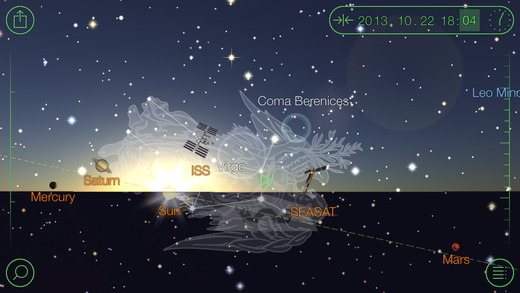
You'll need a sky map to know what you're looking at. Or if you're looking for an even easier method, there are plenty of phone apps like Star Walk that allow you to point your phone's camera at the sky and then uses augmented reality to show you what objects are up there. If you have kids, be sure to print out a few mythological stories to go along with the constellations...that should help keep their attention. You'll also want a clear sky.
Fun Fact: many people confuse the North Star (aka Polaris) with the brightest star (Sirius) in the sky. Not true. It's probably not even in the top five brightest. Some people also confuse the big dipper with part of Orion. So if you don't want to be this person then get outdoors and start gazing.
Now, I'm done dropping knowledge on you, my little amateur astronomers, but I will leave you with this. As I sat there viewing the Milky Way trail across the night sky, I was forced to realize how insignificant our tiny planet is. Especially considering that some massive star somewhere is probably going supernova right now burning up countless planets in the process before collapsing into a black hole. Why isn't the news media covering THAT?? Anyways, the term perspective came to mind. It's important to gaze out at the vast universe occasionally in order to put things into perspective. And perhaps imagine what might be out there and what lay ahead for mankind in the distant future.



